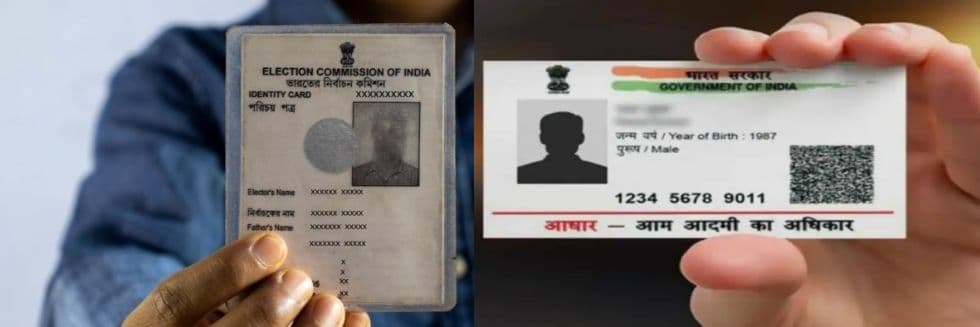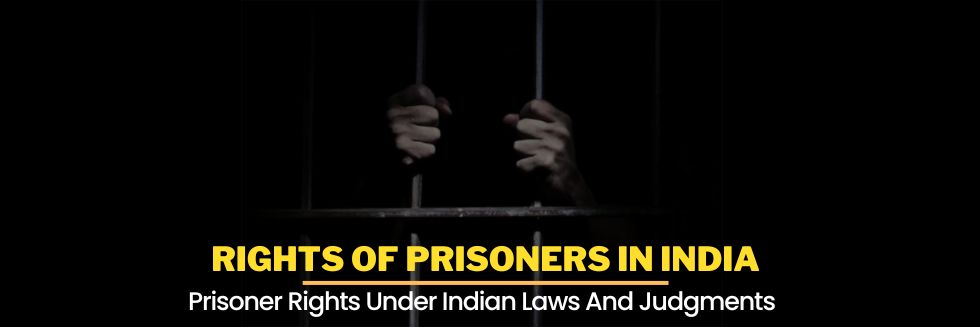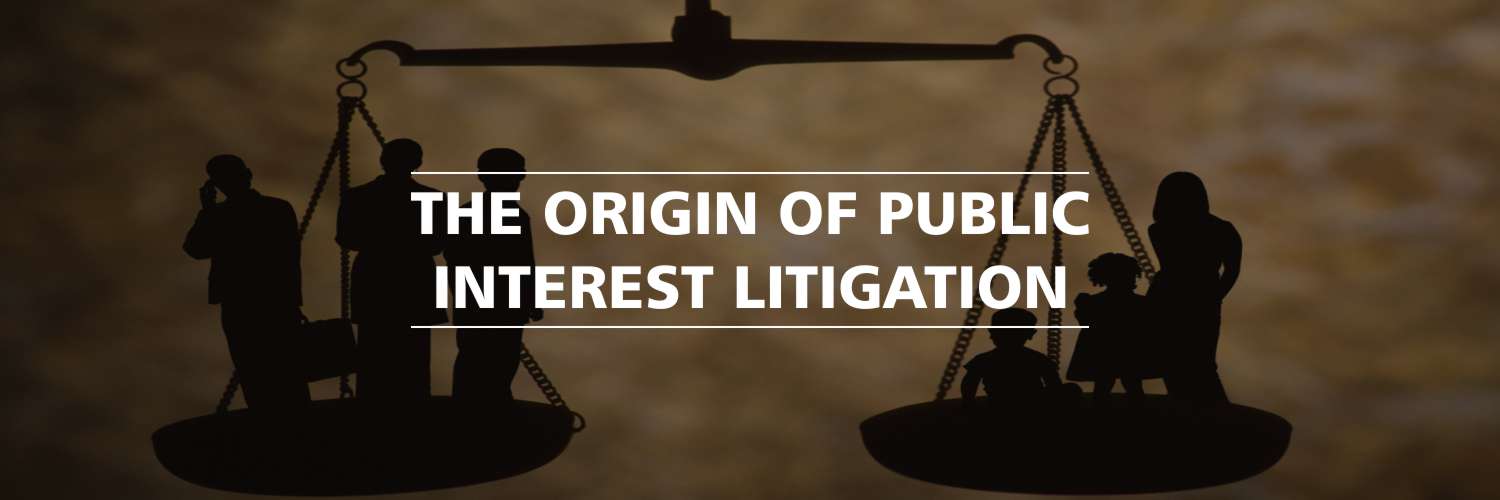Fundamental Duties are defined as moral obligation of every citizen which is to be followed in spirit of nationalism and patriotism. Fundamental Duties were added in the 42nd Amendment of the constitution. These are mentioned in Art 51A. These duties were taken from the constitution of USSR now Russia, with intent that rights cannot exist without duties. However duties are not subject to right a citizen will get his rights even he does not follows its duties. Duties are non-justifiable i.e. they cannot be justified in the court of law, or non-performance of these duties would not lead to legal consequences.
Directive Principals of State Policy are the duties of government, which they have to follow. Similarly, there felt a need that if certain duties will be followed by citizen there will be a better growth of nation and also would promote the duty of the citizens to promote a developed and healthy society.
In socialist countries like Russia Fundamental Duties are given very importance there Rights are immediately followed by the duties as socialist believe “he who does not work, neither shall he eat” there grant of fundamental rights is subject to fulfilment of fundamental duties. But similar concept was not cherished in India because a State where people are even unaware of their rights how can it be assumed that they will be given rights subject to duties fulfilled.
Fundamental Duties As per Art 51A of the constitution:
- To abide by the constitution and respect its ideal and institutions
- To cherish and follow the noble ideals which inspired our national struggle for freedom
- To uphold and protect the sovereignty, unity and integrity of India
- To defend the country and render national service when called upon to do so
- To promote harmony and the spirit of common brotherhood amongst all the people of India transcending religious, linguistic and regional diversities, to renounce practices derogatory to the dignity of women
- To value and preserve the rich heritage of our composite culture
- To protect and improve the natural environment including forests, lakes, rivers, and wild-life and to have compassion for living creatures
- To develop the scientific temper, humanism and the spirit of inquiry and reform
- To safeguard public property and to abjure violence
- To strive towards excellence in all spheres of individual and collective activity, so that the nation constantly rises to higher levels of endeavour and achievement.
- Who is a parent or guardian to provide opportunities for education to his child or as the case may be ward between the age of six and fourteen years.
11th point, duty to educate children was added in the 86th amendment of constitution in 2002 where it felt need that at least everybody should have primary education so that he can sustain his life respectfully and also society can develop further.
Importance of Fundamental Duties as per Art 51A
- Fundamental Duties are embedded in the constitution to remind every citizen of India that he has a duty to social justice and promotion of social good.
- India is a multiracial country and its citizen should be duty bound to promote peace and harmony among themselves so that the basis on which the constitution was formed remains intact.
- As we are developing our world, we are constantly underestimating the need of Nature and the value that nature holds in our life, so it is equally important to protect our natural resources and to promote sustainable development. By these duties it is duty of every citizen to contribute to this mission
- In modern times an uneducated person not only self-suffers but due to his in ability to read and write and understand thing society as a whole suffers, also an individual cannot grow personally till he has appropriate primary education so parents / guardians are made duty bound to look after their child’s education
- Fundamental Duties also tend to inculcate the value of fraternity in individuals also they tend us to respect ideology behind the freedom struggle to invoke feeling of patriotism in individuals.
Fundamental Duties are not bounding on an Individual, nor are they justifiable. Non-compliance of fundamental duty will not invite any sort of punishment. Court cannot enforce these directly; hence laws could be made to check that all these duties are carried on.
Although there is suspension of fundamental rights except that under article 20 and 21, yet the transfer of the powers from the hands of state government to the central government is basically for the welfare of its citizens.
| Constitutional Law | |
|---|---|
| Laws | The Constitution of India |







